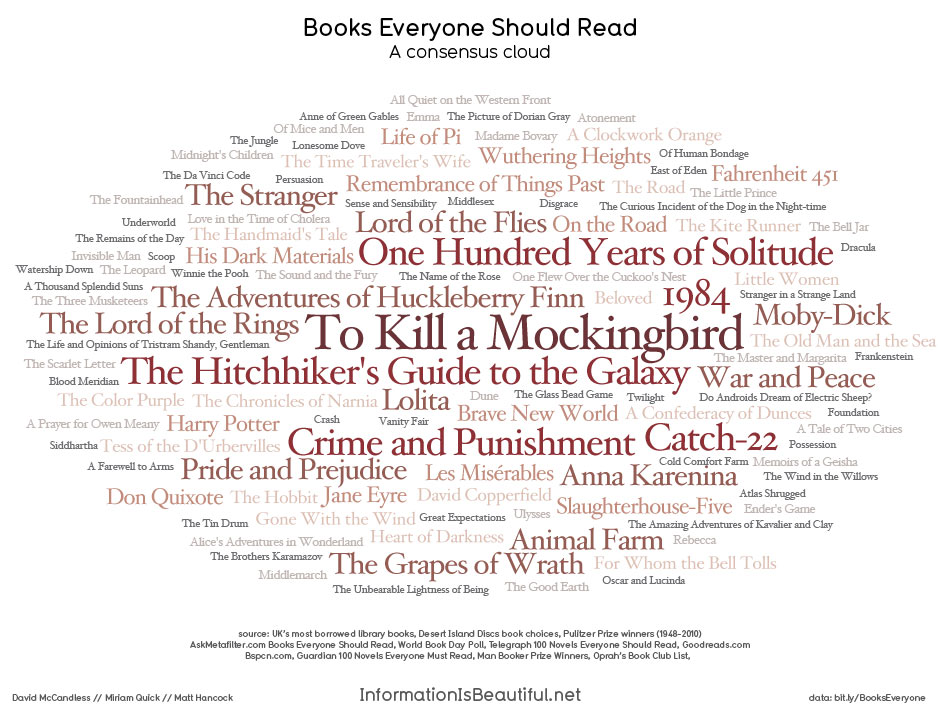Tiger Lily I found because I was looking for a specific Peter Pan quote I've always identified with.
“Tink was not all bad: or, rather, she was all bad just now, but, on the other hand, sometimes she was all good. Fairies have to be one thing or the other, because being so small they unfortunately have room for one feeling only at a time. They are, however, allowed to change, only it must be a complete change.”
While looking for that, I wound up on this page, which has a number of quotes from Jodi Lynn Anderson's Tiger Lily. It looked interesting. One thing that always fascinated me about Peter Pan was the fact that every women in the original book was in love with him, and he had no way of understanding that. It seemed like Tiger Lily explored that theme. Plus, it's written from Tink's point of view, and who can not like that?
The book was pretty good. Peter Pan was aged up to make the relationship a bit more believable, and I did like Tink as the narrator, and seeing more of Tiger Lily. I didn't find it as magical as I might have ten years ago, though.
Speaking of ten years ago, Horrorscope is another book I first read as a teenager. I don't know why I like it so much. I guess I do like the conceit of someone murdering people in the order of their starsigns, and the amount of research into horoscope theory that's been done (yes, horoscope theory is a real thing). I like the characters. It's good comfort reading.
Player of Games I read at the last minute for a bookclub. I've been meaning to read some Iain M. Banks for quite a while, so it seemed like a good opportunity. I read it in two days. It was okay. A bit farfetched and unlikely.
Pyramids is another book I first read as a teenager. I got it as an audio-book. It has so much in common with Small Gods that it seemed a natural choice, especially since I'm not particularly fussed about reading the Discworld books in order. I know the series well enough that I can place relevant events in context.
Finally, A Wonderlandiful World is the third part of the Ever After High novels. I watched the webisodes because they were on Netflix, and then I started reading the books. They use some very clever language tricks and puns, especially in those novel when the narrator is infected with something from Wonderland and Maddie appeals to the reader themselves (yes you) in a nod to Peter Pan. This book managed to make me like Lizzie Hearts, who I'd always found slightly irritating before. It also brought out my soft spot for Duchess. It's hard not to, considering her story, even if she is a cow.





